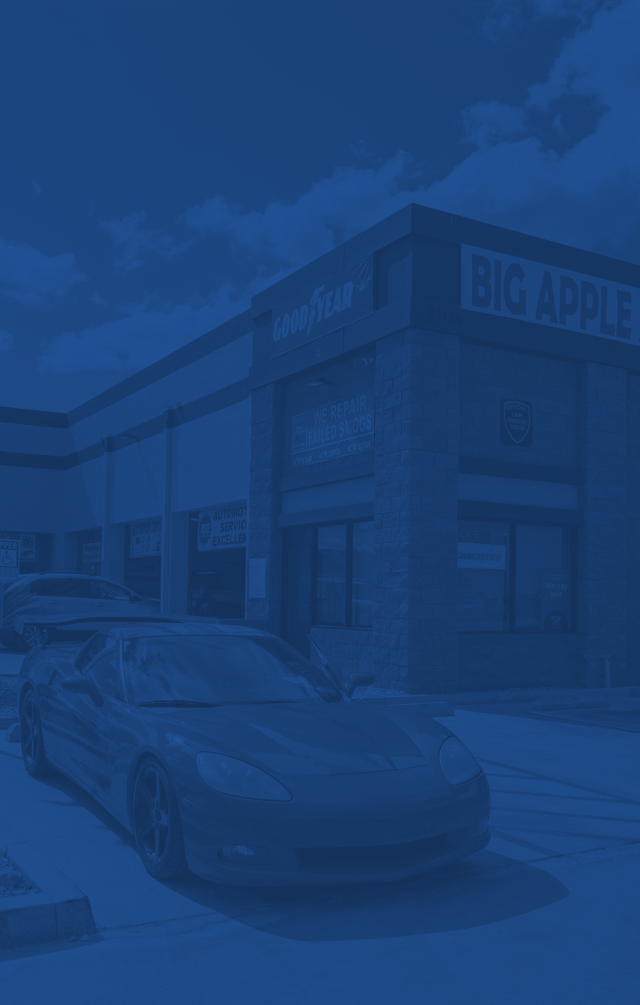Brake Repair in Apple Valley & Victorville, CA
Why Brakes Fail
Imagine you’re going down the highway, enjoying a pleasant drive, when suddenly, you press your foot on the brake pedal, and nothing happens. Your heart leaps into your throat, and panic settles over you when you realize your brakes have failed. While this is a terrifying scenario, it’s crucial to remain calm and know how to react in such a situation. And to know why your brakes may fail. Some top causes are overheating, worn brakes, and brake fluid loss. Brake fluid loss is usually the culprit. But no matter the reason, your brakes will need immediate repairs. But how can you get your car to stop when the brakes fail before you get to the auto shop?
What To Do If Your Brakes Fail
Your brakes have just gone out on the road. Staying calm is the first and most critical step when your brakes fail. Panic can lead to an accident. Take a deep breath and focus on the situation. Sometimes, a momentary loss of brake pressure can occur for various reasons, like air in the brake lines or a temporary malfunction. Pumping the brake pedal gently several times to see if the brakes regain some functionality. This may help build up enough pressure to slow down the vehicle. If pumping the brakes doesn’t work, downshifting can help reduce your speed. Shifting to a lower gear to slow the vehicle gradually can get you out of a lot of trouble, if necessary. This is particularly effective in manual transmissions but can also be done in automatic vehicles by manually selecting lower gears. Slowly pull up the emergency brake (handbrake) while keeping a firm grip on the steering wheel. Applying the emergency brake too suddenly can cause the rear wheels to lock up and result in skidding. Look for a safe place to pull off the road and engage your emergency/hazard lights. Once you are at a complete stop, call for a tow truck and someone to offer you roadside help.
Maintenance Is Key
There are many cases where you can’t predict or prevent brake failure. However, preventative maintenance goes far in keeping you safe. Having regular brake inspections reduces the chance of this happening. And as always, pay attention to your brakes. If something feels or sounds off, bring it to Big Apple Automotive in Apple Valley & Victorville, CA. We will keep your brakes in the safest condition possible.
The post Brake Safety Guide appeared first on Big Apple Automotive.

